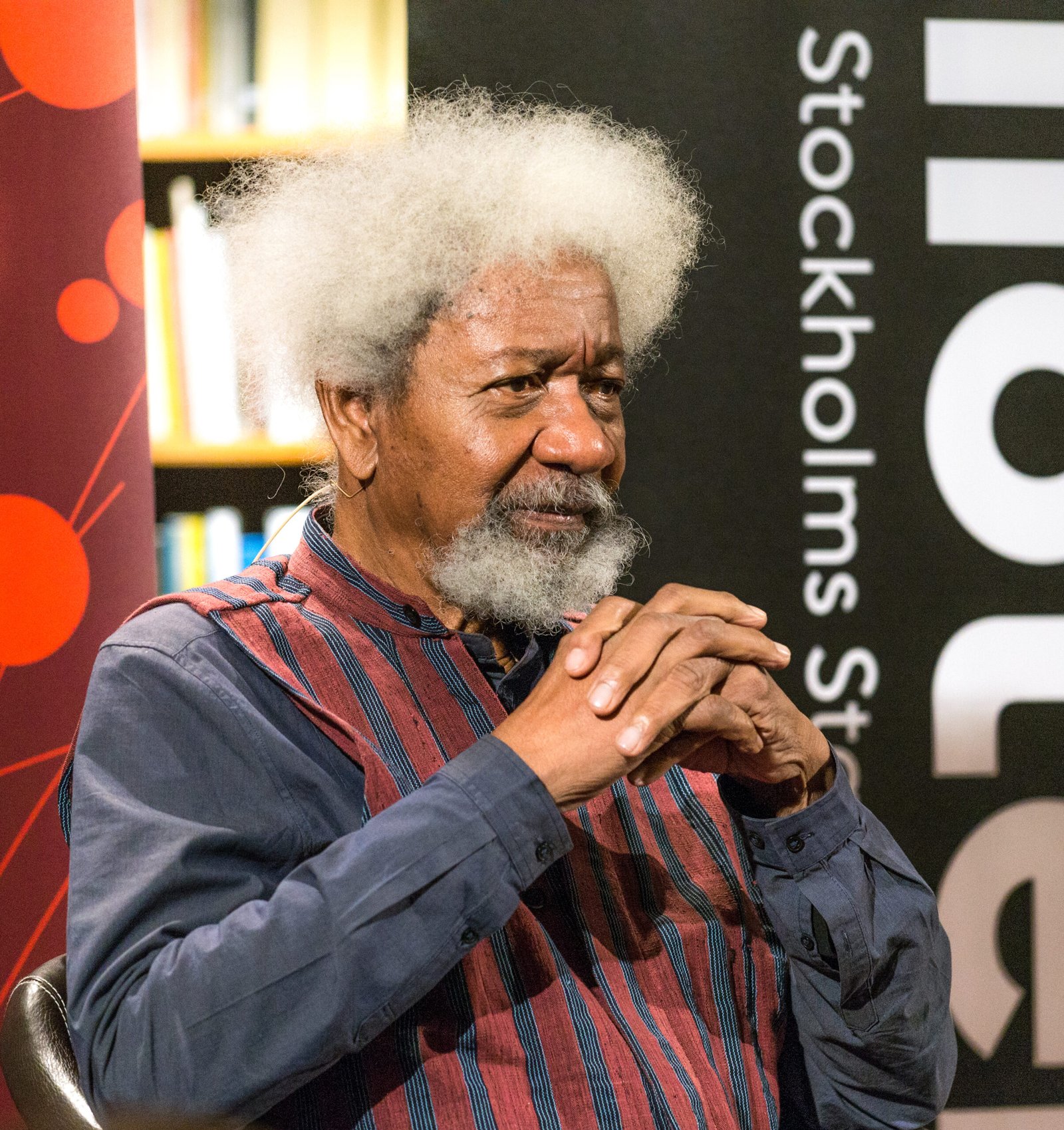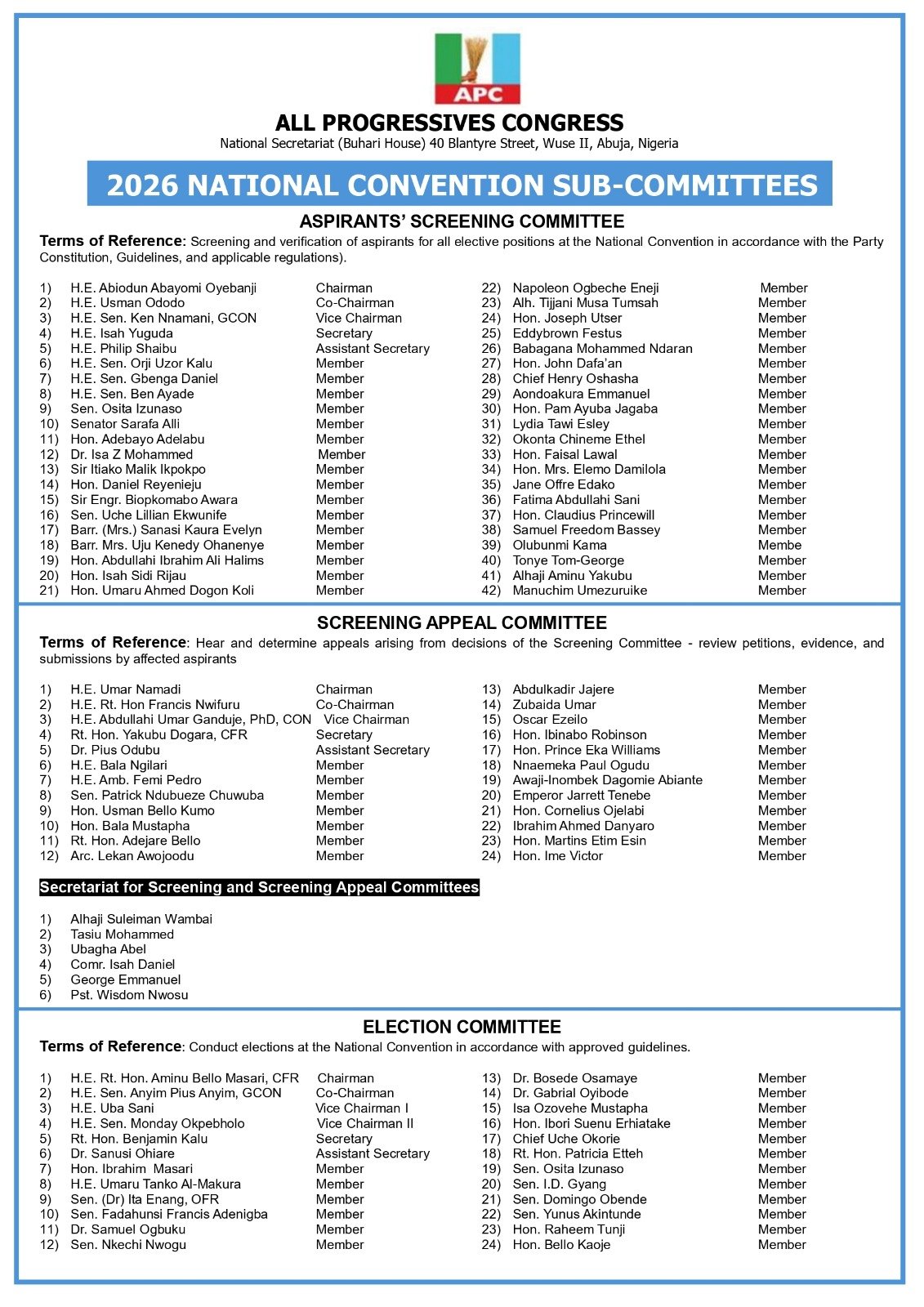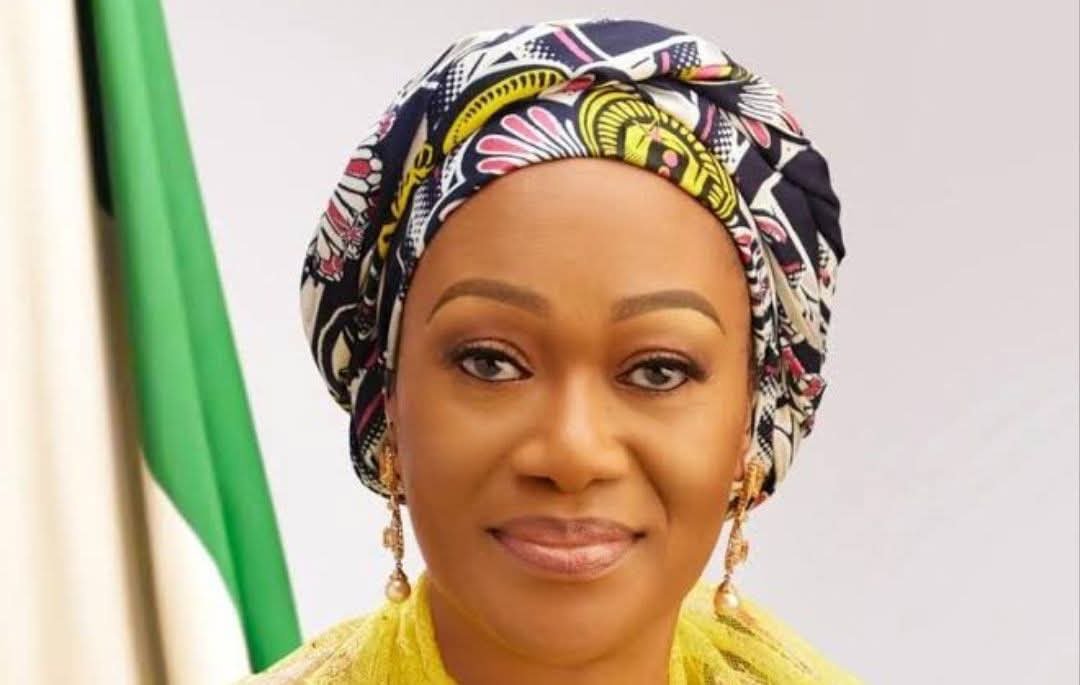
In a development that has drawn both national and international attention, the United States has revoked the non-immigrant visa of Nigeria’s Nobel Prize-winning author and playwright, Professor Wole Soyinka. The move has sparked discussions about diplomacy, free expression, and the intersection of politics with cultural relations.
According to The Guardian, Soyinka disclosed that he received a formal notice from the U.S. Consulate General in Lagos dated October 23, 2025, requesting that he submit his passport for the physical cancellation of his visa. The letter cited the discovery of “additional information” after the visa had already been issued — though it did not specify the nature of this information.
The visa in question was a B1/B2 non-immigrant visa, which allows for short-term travel for business and tourism. The Indian Express reported that Soyinka had obtained it in 2024 under the previous U.S. administration, but its revocation came under the current presidency of Donald Trump. The timing has led to speculation about whether political undertones influenced the decision.
At a press briefing in Lagos, Soyinka himself addressed the issue, stating, “I have no visa; I am banned obviously from the United States. And if you want to see me, you know where to find me.” (Business Insider Africa) His tone reflected both resignation and defiance — characteristic of the writer’s longstanding engagement with political power and free speech.
Soyinka further suggested that the decision might have been triggered by his public criticism of Donald Trump. He had previously made several controversial remarks about the U.S. leader, including one where he likened Trump’s leadership style to that of former Ugandan dictator Idi Amin — a comparison that drew global attention. (The Guardian)
Despite the growing public interest surrounding the revocation, the U.S. Embassy in Abuja declined to comment, citing confidentiality on individual visa matters. Reuters confirmed that embassy officials provided no further details, reiterating that such cases are handled privately under U.S. immigration law.
When asked whether he would consider reapplying for a U.S. visa, Soyinka stated that he had no such plans at the moment. According to The Concourse, the 89-year-old Nobel Laureate emphasized that his focus remains on his literary work and ongoing commitments within Nigeria and the broader African literary scene.
The revocation has raised broader questions about the role of cultural diplomacy and the implications of visa policies for influential global figures. Soyinka, who in 1986 became the first African to win the Nobel Prize in Literature, has long been recognized not just for his literary excellence but also for his fearless criticism of authoritarianism, both within and outside Nigeria.
Observers note that the decision comes amid a tightening of U.S. visa policies for Nigerians, including the shift from multi-entry five-year visas to single-entry three-month permits — a change that many view as restrictive and symbolic of strained relations. (Reuters) This new development, involving a figure of Soyinka’s stature, has intensified debates about whether such policies undermine cultural exchange and mutual respect between nations.
As one of Africa’s most prominent intellectuals, Soyinka’s situation is being closely watched by writers’ unions, academics, and free-speech advocates. There are growing expectations that literary and human rights organisations may issue formal statements in solidarity, highlighting concerns about how immigration decisions can be wielded to silence or marginalise outspoken voices.
For Nigeria, the incident adds a diplomatic dimension to an already complex relationship with the U.S. It has stirred conversations about how Nigerian citizens — even the most globally recognised — are treated abroad, and how the country’s government might respond to such symbolic acts affecting its cultural ambassadors.
While the full details behind the U.S. government’s decision remain undisclosed, the revocation of Wole Soyinka’s visa stands as a potent reminder of how deeply intertwined politics, personality, and policy can be in shaping international relations — and how freedom of expression continues to test the boundaries of diplomacy in the modern world.


